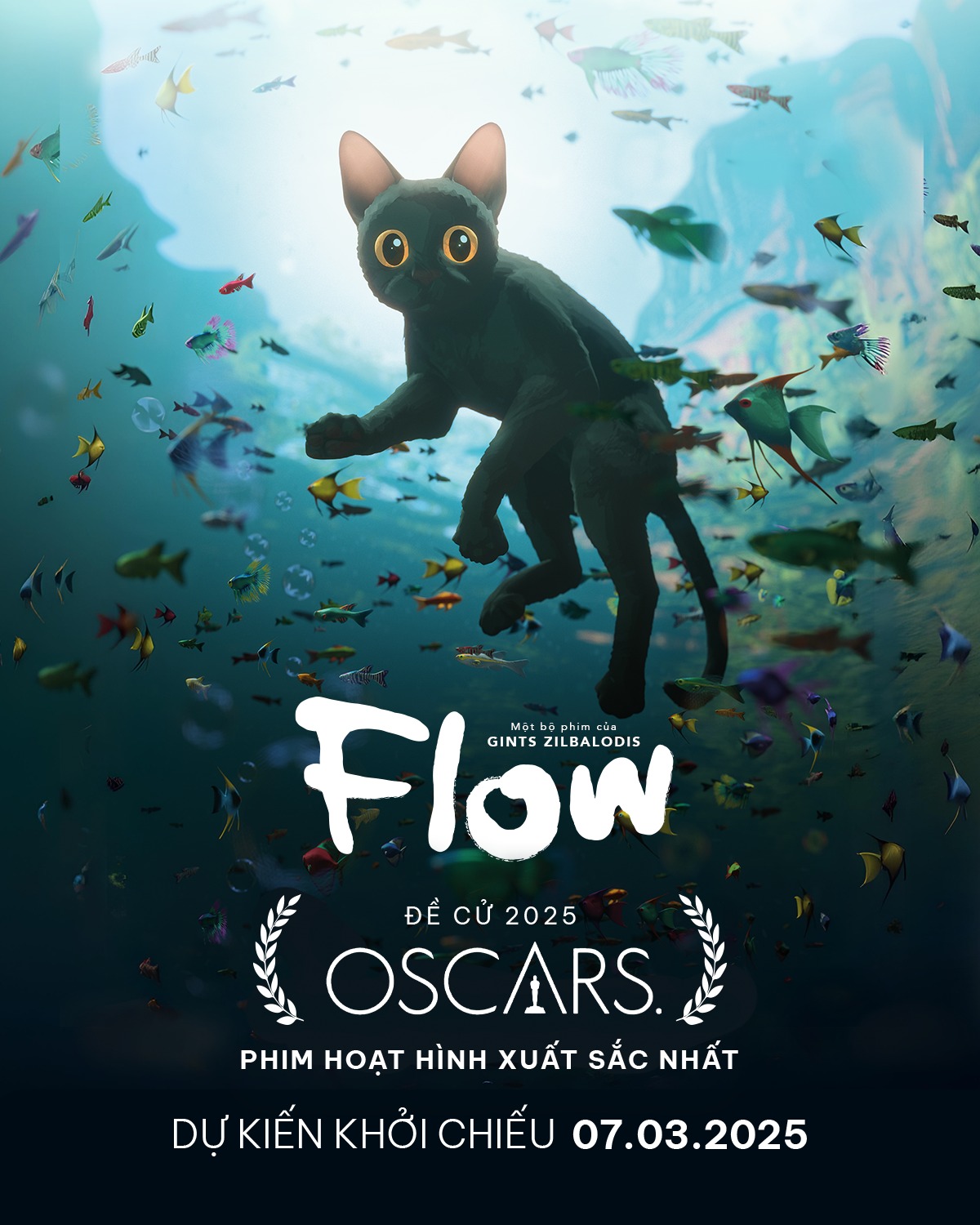
Few films capture the delicate awkwardness and electric intensity of young love like Beautiful Thing, the 1996 British coming-of-age romance directed by Hettie Macdonald and based on the play by Jonathan Harvey. Set in working-class southeast London, the film tells the story of two teenage boys—Jamie and Ste—who discover love and safety in each other’s arms amid the concrete towers and quiet violence of their environment.
At its heart, Beautiful Thing is a story of self-discovery, queer resilience, and the transformative power of love. Jamie (played by Glen Berry) is shy, bullied, and somewhat of an outsider. Ste (Scott Neal) is athletic, popular, but suffering abuse at home. Through a series of tender, stolen moments—quiet conversations, shared beds, nervous glances—the boys grow closer, navigating not only their emerging identities but the social pressures and prejudices surrounding them.
What makes Beautiful Thing so enduring is its refusal to indulge in tragedy. At a time when many queer films leaned heavily on suffering, this one ends with joy. The final scene—Jamie and Ste slow-dancing in public to the music of Mama Cass, as Jamie’s supportive mother looks on—is not just iconic, it’s revolutionary in its quiet defiance. The world may not be perfect, but in each other, they’ve found something beautiful.
The performances are naturalistic, the soundtrack is soulful and nostalgic, and the direction embraces the film’s stage roots while adding cinematic intimacy. It’s no wonder Beautiful Thing became a cornerstone of queer cinema—especially in the UK—offering a rare, positive portrayal of young gay love.
In an imagined sequel titled Beautiful Men, we revisit Jamie and Ste in their early 40s, long after their tender teenage summer. They’ve built a life together—perhaps in Brighton or still in London—but cracks begin to show as they face adult challenges: aging parents, fading passion, career stress, and the long shadow of unresolved traumas.
Jamie, now a teacher, is idealistic but increasingly jaded by systemic failures. Ste, having struggled with his past abuse and internalized shame, is a paramedic, quietly carrying the emotional toll of years on the frontlines. Their relationship is steady, but not passionate—until a health scare or unexpected loss jolts them into rediscovering what first bound them together.

The sequel would be about love maturing—not fading, exploring how couples evolve after the first dance, the first kiss, the first declaration. Mama Cass’s voice could still echo through the film, but in a more contemplative tone: a memory of something pure that needs nurturing even decades later.
Themes of queer aging, chosen family, and emotional healing would make the film feel deeply relevant for a modern audience—especially those who saw the original as teens and are now grown.
Beautiful Thing remains one of the most tender, hopeful queer films ever made. It didn’t scream—it whispered. And in that softness, it told a story that generations have held close. Whether or not a sequel ever happens, Jamie and Ste will always dance in our memories—just two boys in love, unafraid at last.

